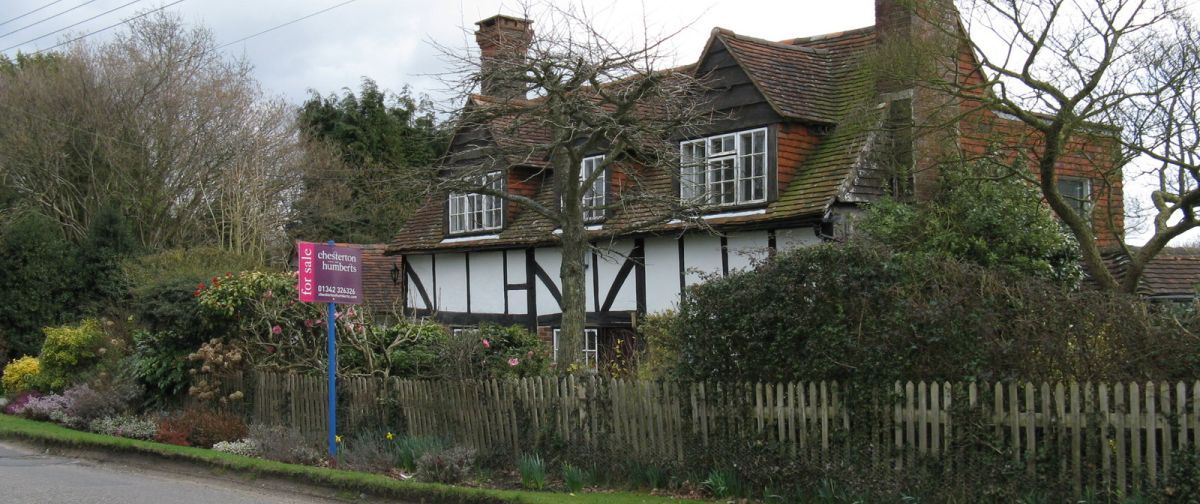What is a Charging Order?
A charging order is made when a court places a marker, called a charge against property such as land or a house, or against stocks and shares. The amount of this charge is usually the debt value owed. This process means that when the asset is sold, the debt is paid out first before any other proceeds from the sale.
The debtor is under no obligation to sell the asset because of the charging order, so this process does not guarantee the debt is settled any sooner.
Any charges already placed upon the asset, such as a mortgage or other charging orders will be paid out before the newer charge. A charging order converts an unsecured debt to a secured debt against an asset.
How do I obtain a Charging Order?
You can only obtain a charging order once you have a court judgement for the debt owed. An order can be sought under the following conditions:
- The judgment has not been settled by the debtor when due – a default.
- The debtor is making instalment payments under the terms of the judgement.
So, a charging order can be a useful tool to put pressure on debtors with assets who might otherwise fail to pay off judgements.
Application is made by submitting the relevant court forms and paying the fees. To place a charge against land or property, use form N379. For securities (stock and shares) or assets held by the court, use form N380.
If granted, the court fees will be added to the debt owed. If the application is dismissed, you will not get back the court fees and may be liable for costs incurred by anyone served under the order.
For the forms and details of where to send the application, please refer to third party debt orders.
If successful, the applicant will be granted an interim charging order before a final charging order is issued.

Interim Charging Order
If the application is successful, an interim charging order is granted by the courts. Next steps vary depending upon where the order was made.
Firstly, for property orders, you should contact the HM Land Register to have the interim charge placed against the property.
If the Interim Charging Order was made at the Civil National Business Centre
Objection to the Interim Charging Order
The debtor or anyone served with the order can request a reconsideration of the initial order by a district judge. This application must be made within 14 days of the order being granted. There is no court fee for this. A district judge will reconsider the charging order without a hearing.
Objection before a Final Charging Order
The debtor or anyone served with the order can object to the granting of a final charging order. They must place such an objection in writing within 28 days of the interim order being served. There is no fee for this.
No objections to the Charging Order
If there are no objections made to the court, a final charging order can made 49 days after the initial charging order.
Objections after Final Charging Order
Once granted, the debtor or anyone served with the final charging order can request reconsideration of the decision by a district judge. This objection must be made in writing within 14 days of the order being served. There is no court fee for this. A district judge will reconsider the charging order without a hearing.
If the Interim Charging Order was made in a County Court
Objection before a Final Charging Order
The debtor or anyone served with the interim charging order can object to the granting of a final charging order. They must file such an objection in writing at least 7 days before the hearing for the final charging order.
A judge will consider the application and any objections before granting a final charging order. If there are objections, the judge may give directions for a later hearing to examine evidence and pass judgement or dismiss the application.
Successful Final Charging Order
If the application is successful and is not stopped by any possible objections, a final charging order is made by the courts. Fees paid by the applicant are usually added to the charge placed against the assets.
Again, for property orders, you should contact the HM Land Register to let them know you have obtained a final charging order. Or, where the application was dismissed, you must notify HM Land Registry, so the charge is removed from the property register.
Order For Sale
Once a final charging order has been made, a creditor can apply for an order for sale. We’ll discuss this in another post.
How can Ayom Debt Recovery help?
You can see that a charging order is a useful tool where the debtor has assets but is failing to honour a debt or a judgement. For this and alternative methods of debt recovery, get in touch to chat about your options. If pursuing recovery through the courts, you should always obtain independent legal advice.
Contact Ayom Debt Recovery by phone: 08001303357, or you can request a callback. Thank you for reading our definitive guide to charging orders.
